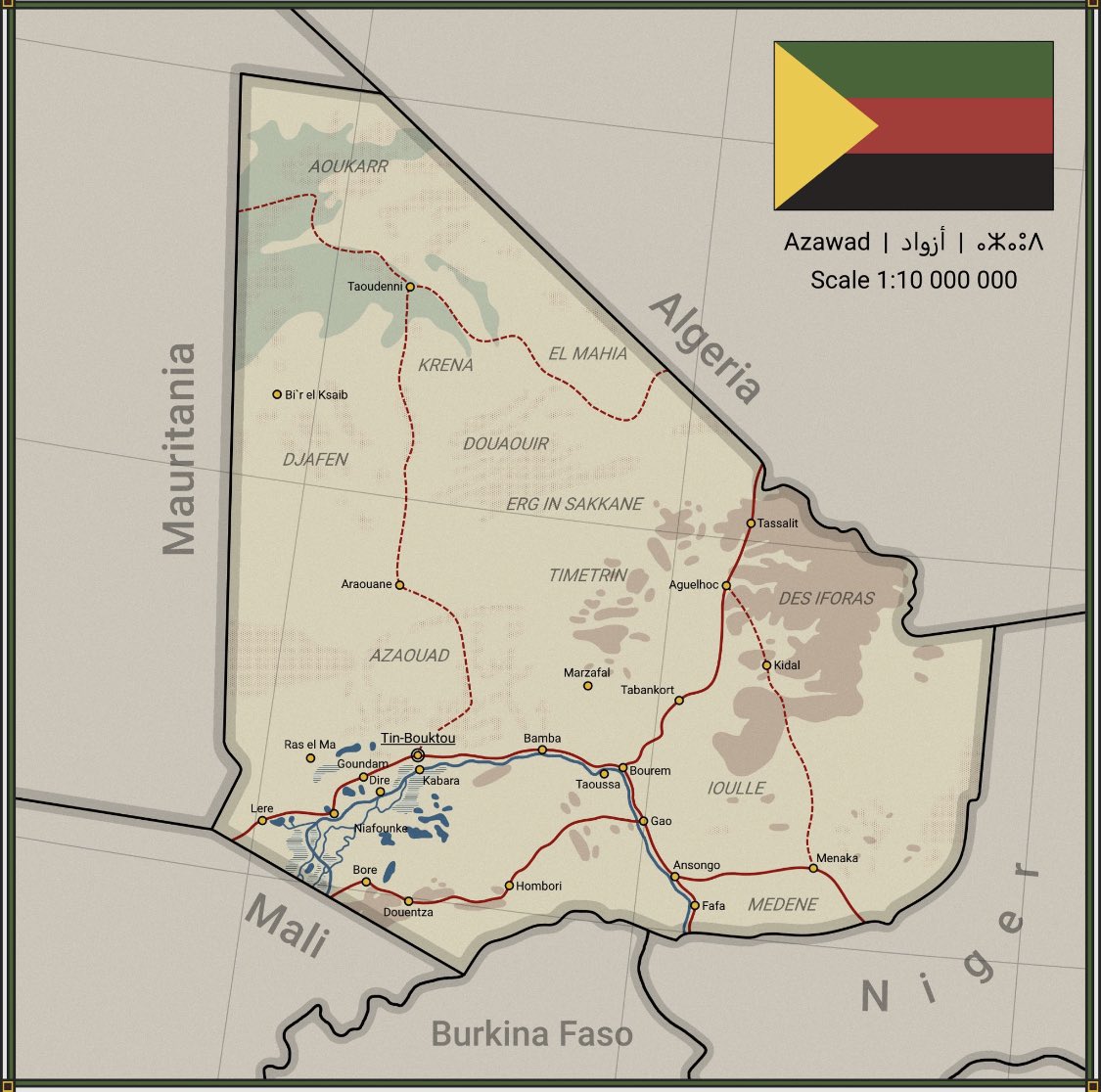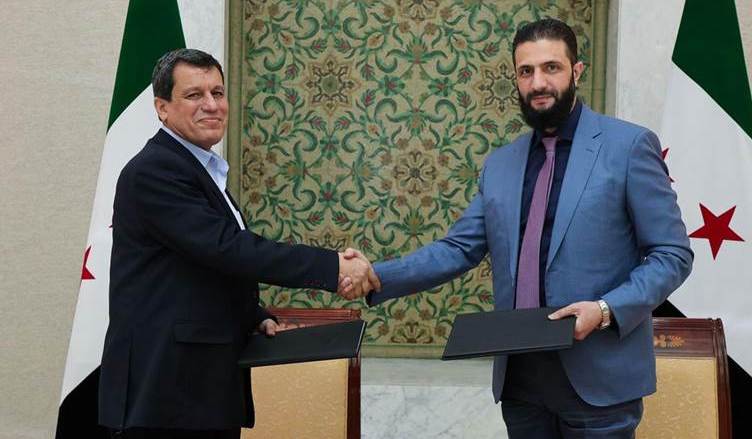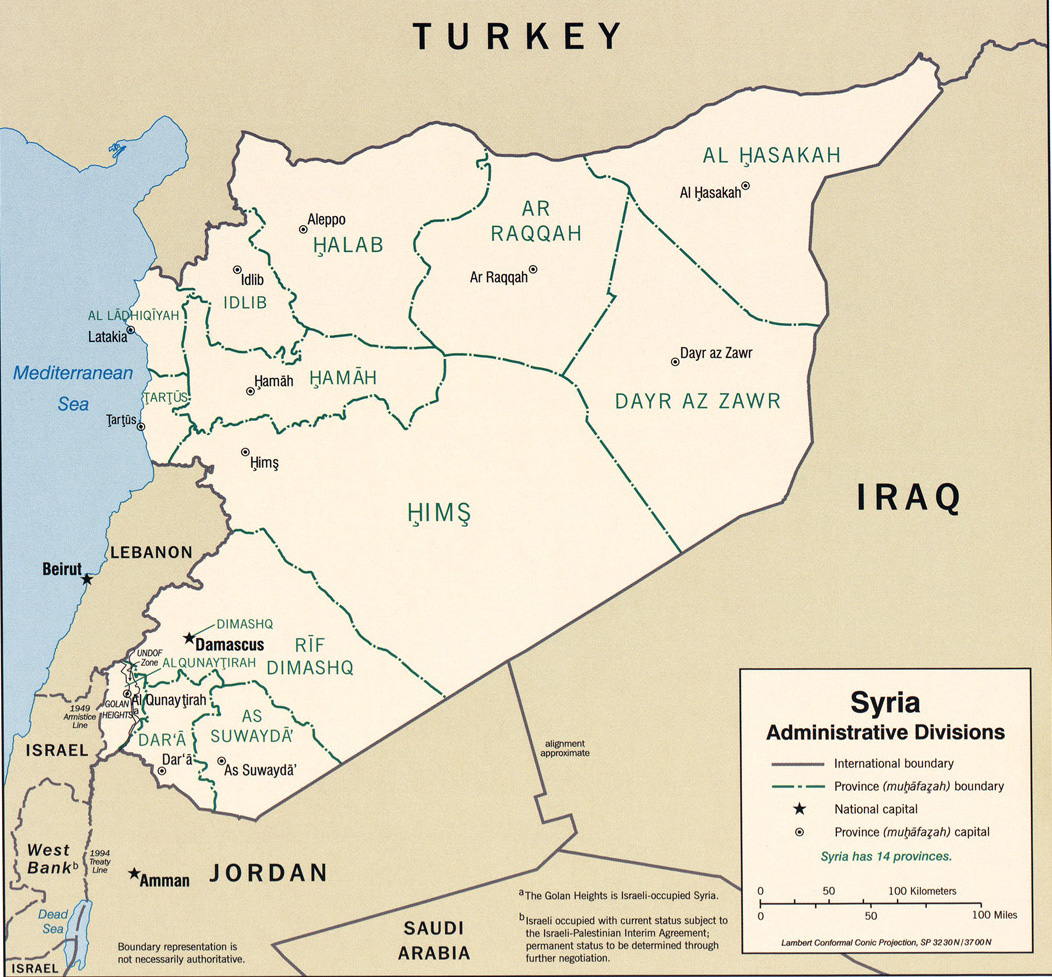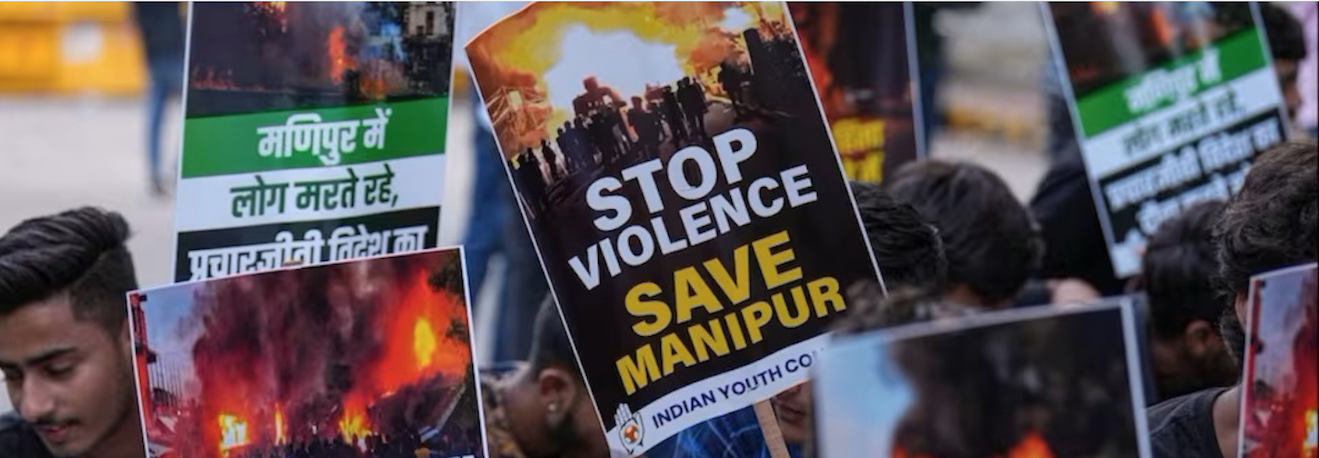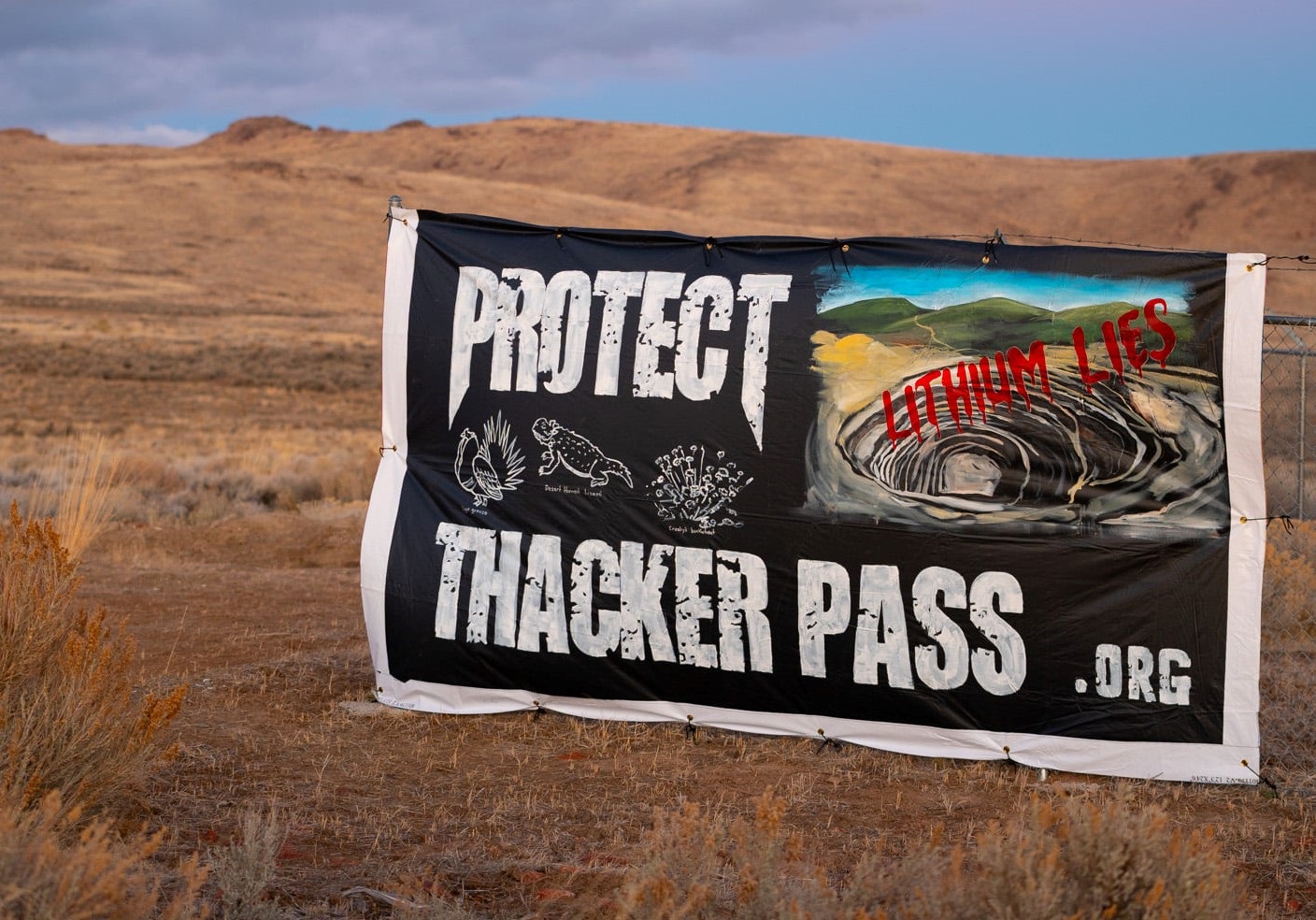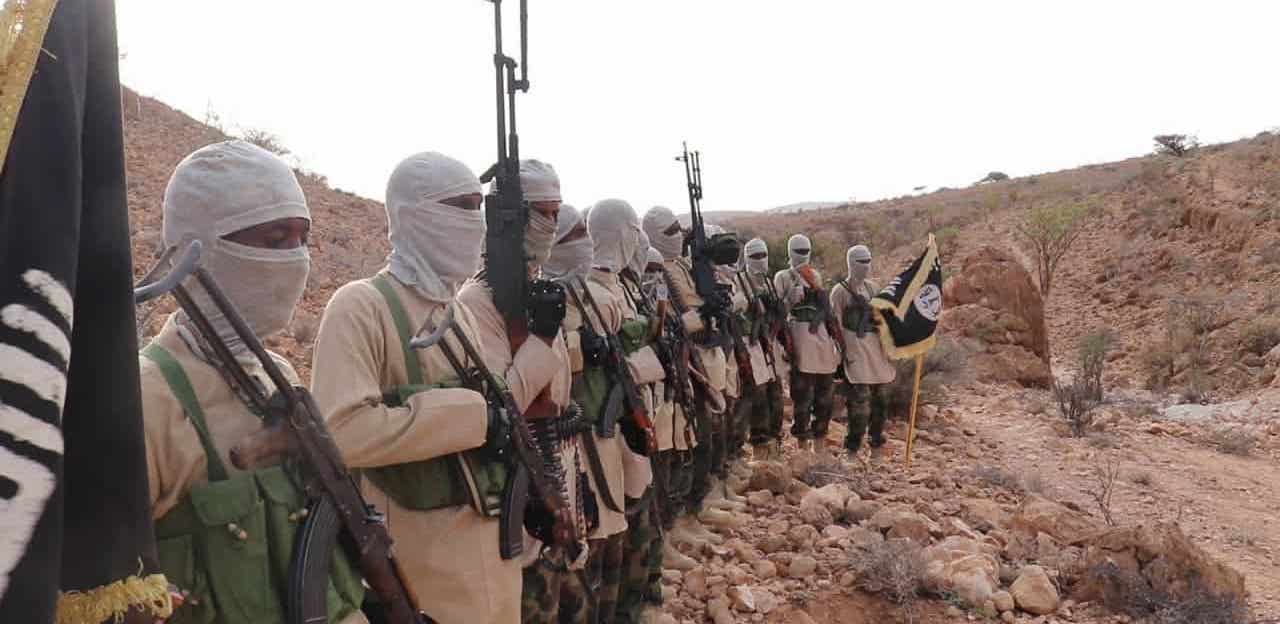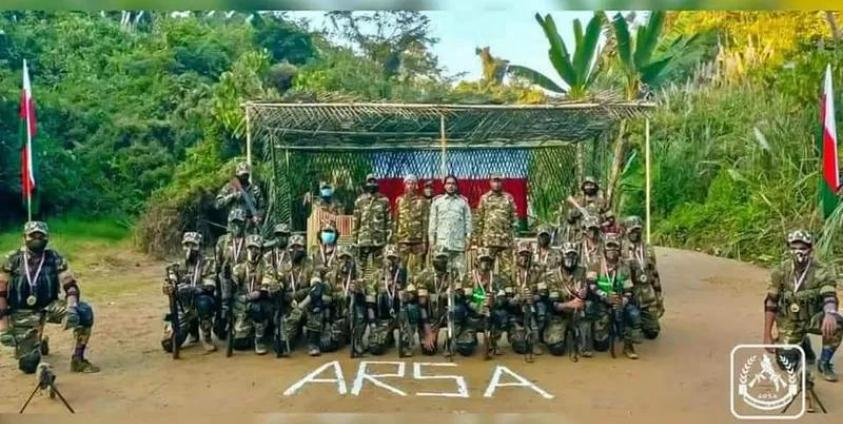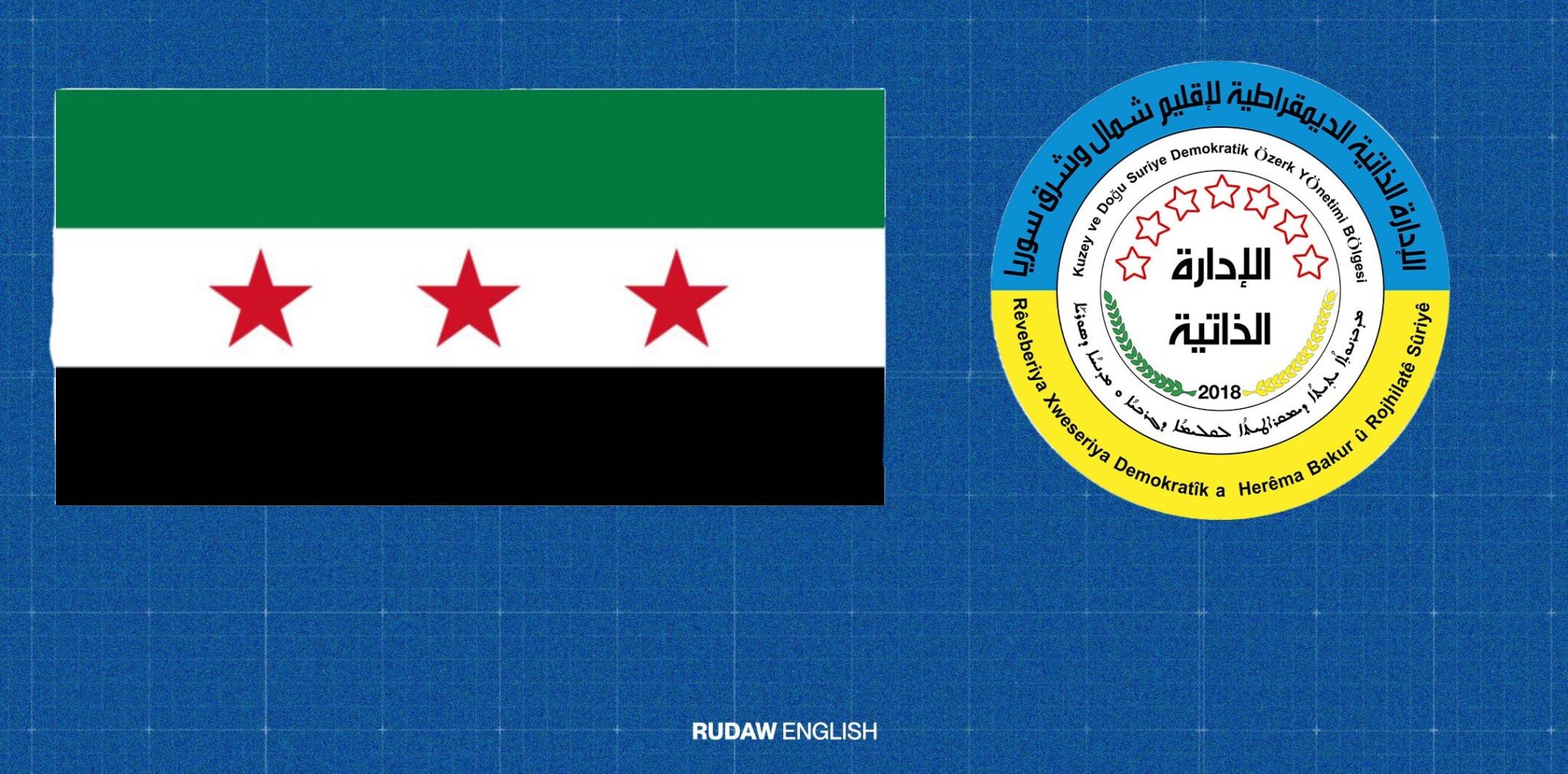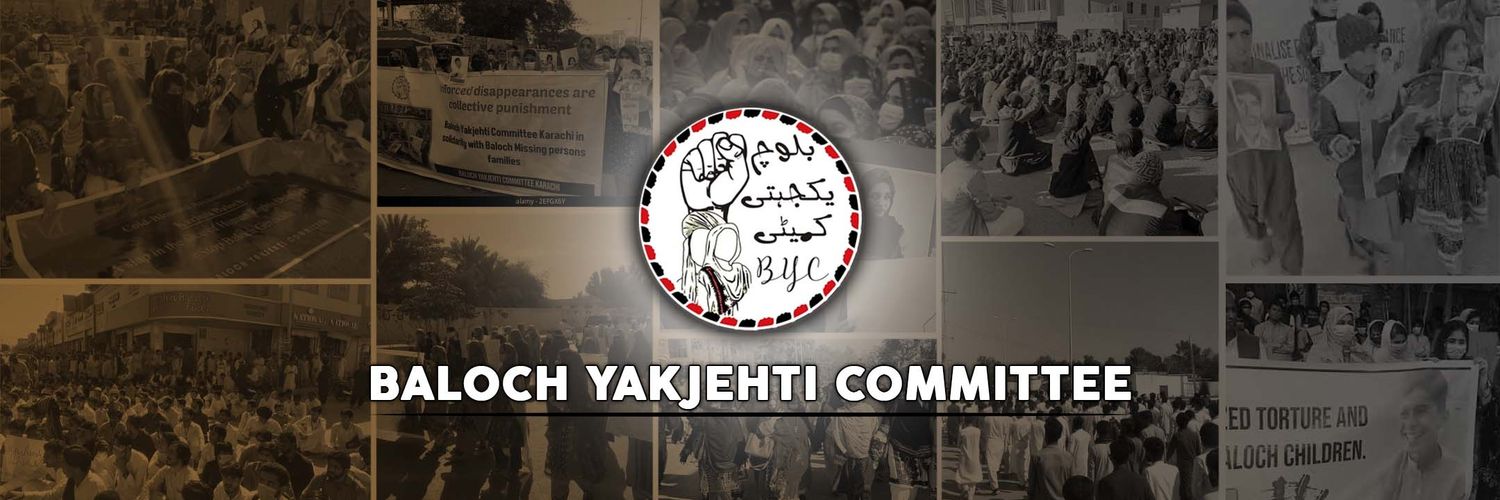
Call for UN to intervene in Balochistan repression
The international Baloch Human Rights Council (BHRC) called upon UN Secretary-General Antonio Guterres to urgently intervene in the repression of peaceful protests in Pakistan’s conflicted Balochistan province. The group urged the UN to secure the immediate release of Dr. Mahrang Baloch and other members of the Baloch Yekjehti Committee, a local rights group. Dr. Baloch and several of her comrades were detained at a protest in provincial capital Quetta against enforced disappearances. Urging global action to hold Pakistan accountable, the BHRC described the arrests as “a blatant violation of fundamental freedoms and democratic principles.” (Image: BYC)




